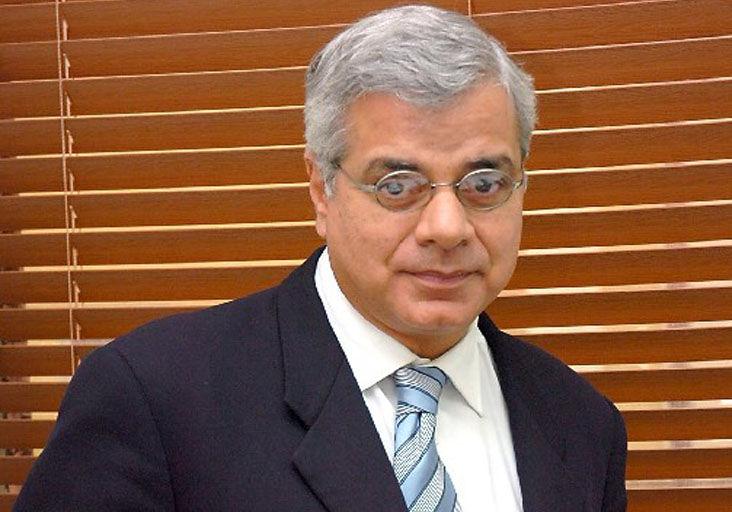(Trinidad Guardian) The limited availability of foreign exchange has meant that individuals and business have had to turn to the black market for US dollars.
Several business owners told the Business Guardian that if US was required it could be purchased off market at between TT$7.50 to $8.50 for US$1.
This off market (black market) availability has led to questions about the distribution of US into the local market.
It’s a concern that has long been in the mind of president of the Downtown Owners and Merchant’s Association Gregory Aboud, who once again questioned the policy and the role of the banks in distributing the foreign exchange allocation.
“We don’t see anything in the policies which are being used at this time that indicates that it is going to improve. Our concern is that businesses which rely on foreign exchange to be relevant to the market are going to become more and more pressured to survive by the scarcity of foreign exchange,” said Aboud, “We are concerned and have expressed concern before that. The policy is being used to manage a foreign exchange situation in our country are destined to create more distortion and hardship and to create a bigger and bigger parallel black market trade.”
The DOMA president said that he had been reluctant to speak more about these concerns as he was previously met with accusations that the business community had ulterior motives when these concerns were raised.
But the lack of readily available USD is having adverse affects, which will come to bear in time according to former Supermarket Association head Balliram Maharaj.
He told the Business Guardian that the reduced forex distribution has already affected the importation of food products, as he seen serious increases in imported cheese and milk. He said the forex situation, coupled with the increased limitations on importations as a result of the pandemic could put the country in a food crisis.
“I am definitely seeing food starting to dwindle away in March or in April down the road because of forex, because of the COVID effects on the demands of food,” said Maharaj in a phone interview.
The increased scarcity has also meant that local wholesalers and retailers have been unable to maintain large stocks whilst also seeing reduced imports.
Maharaj believes that further taxes should be placed on foreign food franchises in a bid to encourage more support of local franchises while also easing up the consumption of foreign exchange.
Maharaj clamoured for the finances that would be collected from that tax should be re-routed into the agriculture sector as a means to further reduce the import bill.
The DOMA president also suggested bolstering construction, a sector he argued which does not require forex investment.
“Construction of housing and construction of medium to low cost apartments and so on is falling by the wayside because that sector has not been given any stimulant which could take advantage of the downtime created by the world economy and by COVID and so on,” he said.
This he said could provide much needed jobs in this trying period while not affecting the foreign exchange reserves.
It is however well known that several of the inputs in construction, including steel has to be imported.
Obtaining foreign exchange has for some time become burdensome, with the past six years seeing increased limits on the distribution of US currency.










